What has happened?
A recent decision in the Land and Environment Court provides some guidance on when the Court will order a prosecutor to pay the costs of a successful appellant.
On 24 August 2020, the Land and Environment Court delivered a decision in Hossein Yamini v The Council of the City of Sydney (No. 2) [2020] NSWLEC 120.
The case involved a costs application by the successful appellant, Mr Yamini.
Mr Yamini sought an order that the City of Sydney Council (Council) pay his costs of his successful appeal in the Land and Environment Court from his conviction in the Local Court.
The Facts
Council commenced proceedings in the Local Court, alleging that Mr Yamini failed to comply with a Prevention Notice issued to him under section 96 of the Protection of the Environment Operations Act 1997.
The Prevention Notice was issued to Mr Yamini on the basis that he was the “occupier” of the premises, having “management or control” of the premises.
Mr Yamini was the landlord of the relevant building and he had a number of tenants. A leak had been found beneath one of the tenanted shops in the building.
The leak was subsequently fixed by the tenant. However, Council was not satisfied that the leak had been fixed by an appropriately licenced plumber and issued a Prevention Notice to Mr Yamini as “occupier” of the premises.
Mr Yamini denied he was the occupier of the premises and he argued that the Prevention Notice should have been sent to the tenant of the shop as “occupier” of the relevant premises. Mr Yamini was convicted in the Local Court and appealed against his conviction to the Land and Environment Court.
In the Local Court, Mr Yamini had been self represented. Bick & Steele represented Mr Yamini in his appeal in the Land and Environment Court.
In the Land and Environment Court, Justice Duggan found that the Council had failed to establish to the necessary standard that Mr Yamini was the “occupier” of the premises. She observed that this fact was an essential element of the relevant offence and therefore the conviction should be set aside.
Mr Yamini then sought payment of his costs.
Limit on costs awarded against a public prosecutor
The Land and Environment Court has power to make a costs order in respect of a prosecution under section 49(4) of the Crimes (Appeal and Review) Act 2001 (CAR Act). However, the power to order costs is limited by section 70 of the CAR Act. Section 70 (1) is in the following terms:
70 Limit on costs awarded against public prosecutor
(1) Costs are not to be awarded in favour of an appellant whose conviction is set aside unless the appeal court is satisfied—
(a) that the investigation into the alleged offence was conducted in an unreasonable or improper manner, or
(b) that the proceedings in the Local Court were initiated without reasonable cause or in bad faith, or were conducted by the prosecutor in an improper manner, or
(c) that the prosecutor unreasonably failed to investigate (or to investigate properly) any relevant matter—
(i) that the prosecutor was or ought reasonably to have been aware of, and
(ii) that suggested that the appellant might not be guilty or that, for any other reason, the proceedings should not have been brought, or
(d) that, because of other exceptional circumstances relating to the conduct of the proceedings by the prosecutor, it is just and reasonable to award costs in favour of the appellant.
For Mr Yamini to receive any of his costs, the circumstances of his case needed to fall within at least one or more of the sub sections in section 70(1).
Findings
The Court found that Mr Yamini was entitled to his costs because the Council had unreasonably failed to investigate a relevant matter that it ought to have been reasonably aware of and that suggested that Mr Yamini might not be guilty. The Court accepted that section 70(1)(c) applied.
The relevant test as to whether this subsection was satisfied required both the following elements to be satisfied:
The Prosecutor was or ought to have been reasonably aware of the relevant matter; and
The matter suggested that Mr Yamini might not be guilty or that the proceedings should not have been brought.
In the Land and Environment Court, the relevant question had been whether Mr Yamini was the “occupier” of the premises.
The Court found:
There were multiple occasions on which the dispute about who was the occupier were brought to the Council’s attention.
These occasions should have put Council on notice that Mr Yamini may not be guilty.
The Council took no specific action to investigate this issue, including a failure to interview the tenant.
This all indicates that the Council unreasonably failed to investigate the relevant matter.
Further information
For further information please contact Darren Bick, Director, on
(02) 8005 1624 or darren.bick@bicksteele.com.au.
